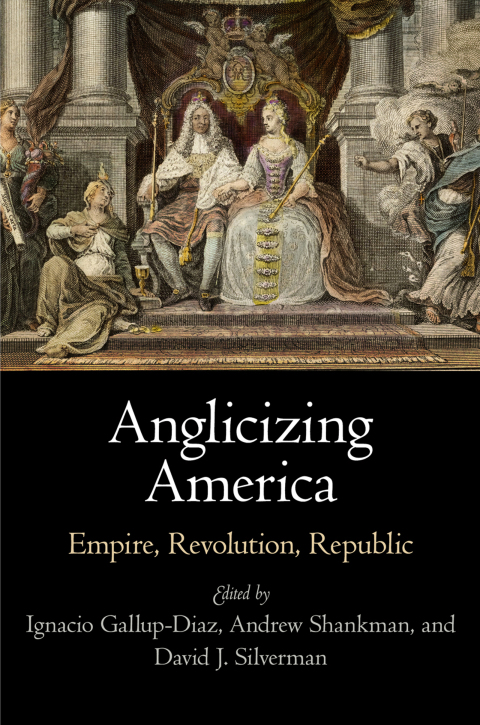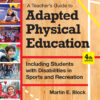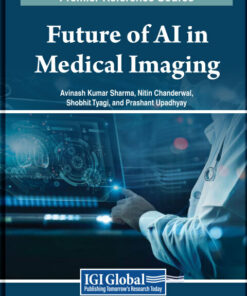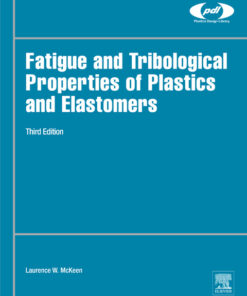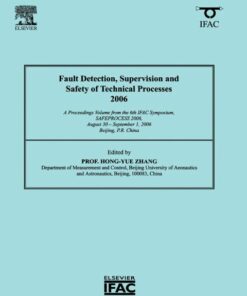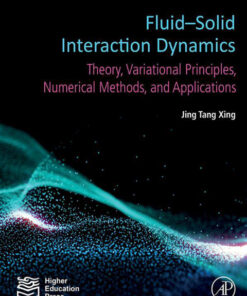Anglicizing AmericaEmpire, Revolution, Republic Ebook (nilibook.shop)
$25.00
Ignacio Gallup-Diaz, Andrew Shankman and David J. Silverman
Anglicizing America
Empire, Revolution, RepublicThe thirteen mainland colonies of early America were arguably never more British than on the eve of their War of Independence from Britain. Though home to settlers of diverse national and cultural backgrounds, colonial America gradually became more like Britain in its political and judicial systems, material culture, economies, religious systems, and engagements with the empire. At the same time and by the same process, these politically distinct and geographically distant colonies forged a shared cultural identity’one that would bind them together as a nation during the Revolution.
Anglicizing America revisits the theory of Anglicization, considering its application to the history of the Atlantic world, from Britain to the Caribbean to the western wildernesses, at key moments before, during, and after the American Revolution. Ten essays by senior historians trace the complex processes by which global forces, local economies, and individual motives interacted to reinforce a more centralized and unified social movement. They examine the ways English ideas about labor influenced plantation slavery, how Great Britain’s imperial aspirations shaped American militarization, the influence of religious tolerance on political unity, and how Americans’ relationship to Great Britain after the war impacted the early republic’s naval and taxation policies. As a whole, Anglicizing America offers a compelling framework for explaining the complex processes at work in the western hemisphere during the age of revolutions.
Contributors: Denver Brunsman, William Howard Carter, Ignacio Gallup-Diaz, Anthony M. Joseph, Simon P. Newman, Geoffrey Plank, Nancy L. Rhoden, Andrew Shankman, David J. Silverman, Jeremy A. Stern.ISBN: 9780812246988, 0812246985
Related products
Uncategorized

